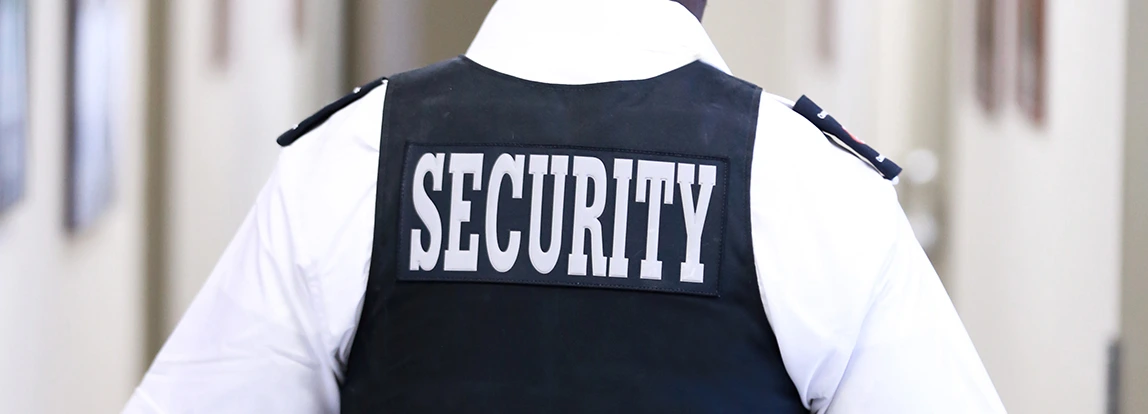By Kendall Worth!

Dear Private Security Firms in Halifax, and other parties this may concern:
My name is Kendall Worth and I am a journalist and blogger, who covers stories from the community of people living in poverty, and reports on issues relating to poverty, mental health, and other social justice related issues. I am writing this open letter today because one of the issues I touch on, and write about, is “inappropriate body language” and the inlcination of security guards to harass people who have body language “issues”, from medication, mental illness or neuro-divergence. Some members of the public call 911 on a welfare recipient who is just minding their own business, not causing trouble, but who gets accused of performing inappropriate body Language (staring, fidgeting etc.) while doing just that.
The Big Question I am raising in this letter is what professional designations, or training, do your officers have, that qualifies them to approach someone with mental health issues/someone with a mental illness to speak to them about their actions, which are not illegal or disruptive, but simply make someone else feel “uncomfortable”?
The following list of behaviours, deemed “inappropriate” is outlined in this article but consists of, for example:
Fidgeting in public
Talking to themselves, in some cases out loud
Big hand movements that make a person look like they are trying to start a fight with someone.
Making no eye contact when spoken too
Bad and unacceptable types of handshakes
Giving mismatching verbal and nonverbal messages/communication
Staring into space
Failing to smile, or giving the wrong type of smile.
Eye rolling
Crossing arms defensively
Evil-looking facial expressions
These people are not drinking, and so there is no excuse for them to be accused of public intoxication either.
Income assistance (IA) recipients, which with the increase in the homeless population now includes people who are homeless, have had issues with security, while they are just minding their own business, not causing trouble and doing whatever business they have while inside a public building. Even so, some have been harassed and asked about their mental health status, by private Security Guards inside public and private buildings. As this article points out, Income Assistance recipients and homeless people have every right to be in grocery stores.
They cannot get all their needs met in a food bank as many seem to think. They need access to special diet food, to fill prescriptions at pharmacies, just to get a “treat’ once in a while. When income assistance recipients, especially those with mental health issues, get approached by your security officers, they feel like they are being treated like they have no right to be in that public place. Everyone, including the poor, have to visit places like malls and public building to do things including: dealing with their bank, paying bills, and paying their rent. Poor and homeless people are getting annoyed and frustrated about getting approached by Security and harassed. They want this practice of private Security Guards to stop. Furthermore the Income Assistance Recipients I am writing this letter on behalf of, want answers to these questions:
Why are your private guards not telling those members of the Public who complain about how people look, or their body language… “Sorry but we cannot do anything about it?”
Do your Security Guards know and understand that their actions - approaching and speaking to us about those complaints from the public - is making life harder for us? In some cases is making it less likely we will ever get off welfare, when we have so little to live on, and many of us have mental health issues?
Do private Security Guards have ANY mental health training?
Security guards too often think they are being thoughtful when approaching people and asking about their issues in a way that is sympathetic but judgmental and invasive. Too often they expect the IA recipient to speak to them about their diagnosis and treatment as if they are a doctor, counsellor or psychiatrist. As far as the Income Recipient knows, the security guard, is not a mental health professional, and their behaviour often makes the poor feel vulnerable and uncomfortable. We want answers to these questions!!!

This very recent story illustrates a reason I am writing this letter. When my Community of Readers sees these stories Questions like these come up:
Who is doing the complaining and why do members of the public want people living in poverty, with mental health issues ,and individual disabilities, harassed? I understand security security guards cannot give out the names of complainants, but likely they are people who do not even know the IA recipient or anything about them.
Does the security guard know that randomly approaching someone out of no-where and harassing them, may be discouraging the person from getting the help they need ?
What type of training do your security guards have that makes them feel like are qualified to approach people with mental health issues and speak to them about their body language (when it is not lewd or obscene?) and speak to them about it?
One supposed difference (according to Halifax Regional Police (HRP) ) is that police officers who for example provide security at some grocery stores have some mental health training (at least according to HRP). The reality is welfare recipients have not seen Halifax Regional Police (HRP) officers behave like they have that training.
I would like to interview someone – perhaps one of your instructors who trains private Security Guards to ask them those questions. I recently did some research and here is what I found. According to the province of Nova Scotia, in order to work as a security guard, you must be employed by a licensed security company, in fact your application must go through them.... but other than Canadian citizenship, being 19+ and having no criminal record there are no other requirements for a license. There is no demand for training, except what the company decides to provide. Nothing is mandatory unless you are performing duties - like using handcuffs, a firearms, carrying a gun (or taser) or "investigations". Those all require what I think is online training by the prov and licensing exams. But to work as private security – no training is mandatory, except by the for profit business that employs you,who will decide what you need to fulfill their contracts.
All the companies say that they provide training but none outline what it consists of or who teaches… One Example:
Paladin is advertising for security guards - no training demands, just the same as licensing above with the addition of high school diploma. This is true of all local companies, none ask for training in advance of getting hired?? https://ca.indeed.com/Security-jobs-in-Halifax,-NS?vjk=9e9f29bbc7b2e4b0
Paladin's
website
says:
“We
take great pride in being the leading training organization in the
security industry. We prepare you with all the tools and training to
perform at your best. Paladin offers company-paid and on-the-job
training from the industry’s top trainers, with a variety of
comprehensive in-person and online training. We even help prepare
staff for provincial licensing exams and tests.” (in
N.S. only tests of handcuffs and firearms and investigation if you
want to work as a private detective – nothing if you are just
“guarding”. )
And here is what else found out, other provinces DO reqquire testing and training, as this 3rd party that helps you prepare for such tests advertises – but only in other provinces… :
In the following provinces it appears that training is required prior to writing the test – note: Nova Scotia is not listed -- suggesting that NO TRAINING other than company training is required.
To get an overview of province-specific requirements in obtaining a security guard license, you can browse any of the following links that apply to you:
It appears we are the only province that does not require mandatory third party training and provincial testing? Feels like we may be grossly out of step?
As I said above, I would like to interview someone – perhaps one of your instructors who trains private Security Guards to ask them some questions, about training and expectations?
I will just end this letter by saying that, I believe, to resolve this problem, the type of training that Security Guards are receiving, and possibly their regulation, needs to be improved.
Thanks for giving this your attention and I look forward to a response!
Kendall Worth!
Comments
Post a Comment